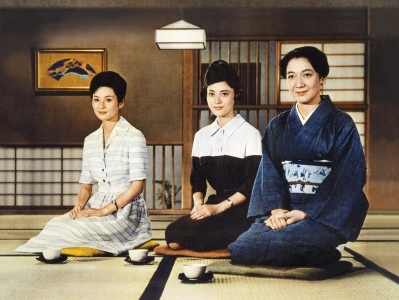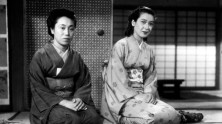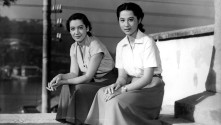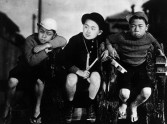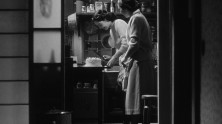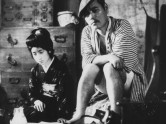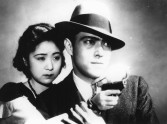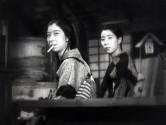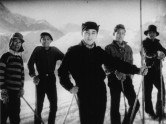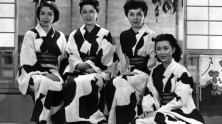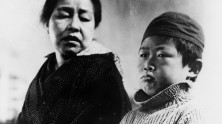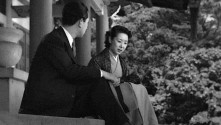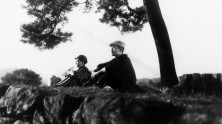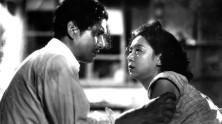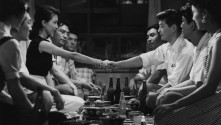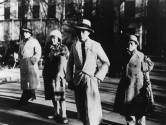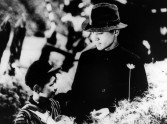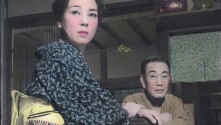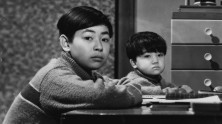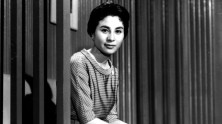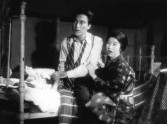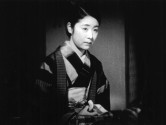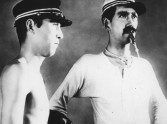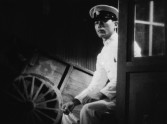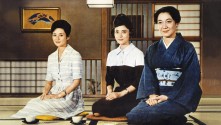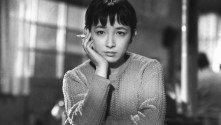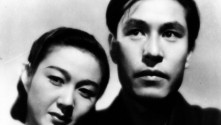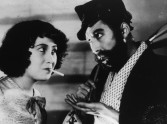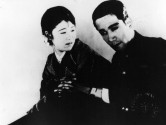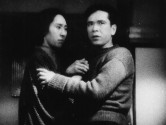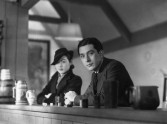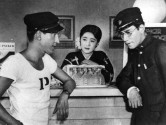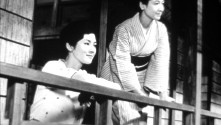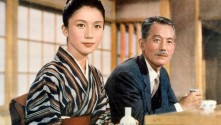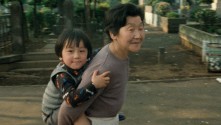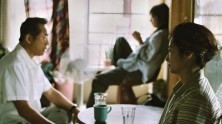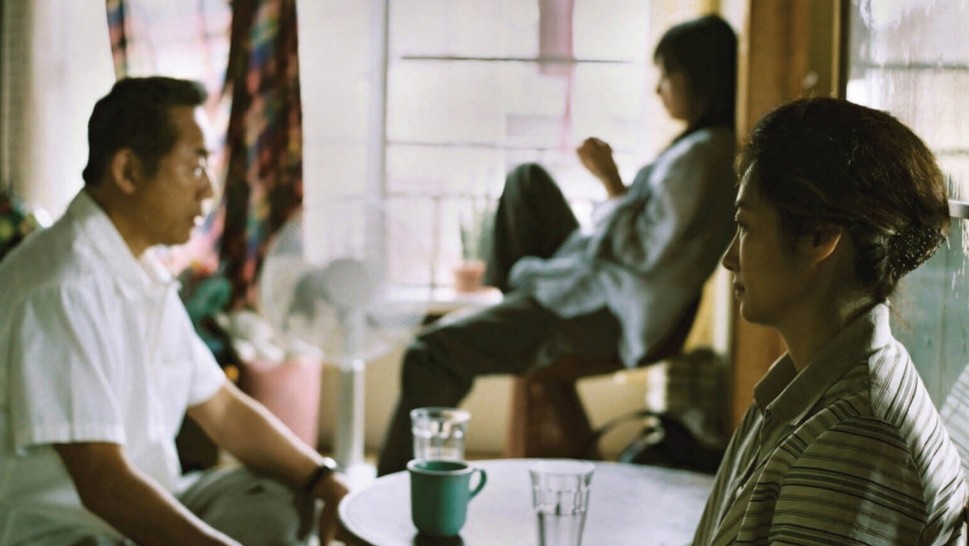
Café Lumière
(Kohi jiko)
With Hitoto Yo, Asano Tadanobu, Hagiwara Masato.
Japan/Taiwan, 2003, 35mm, color, 103 min.
Japanese and English with English subtitles.
Print source: Shochiku Co., Ltd.
Commissioned by Shochiku for the centenary of Ozu Yasujiro’s birth, Hou Hsiao-Hsien’s Café Lumière is a moving meditation on the filmmaker’s relationship to Ozu as a metonym for Taiwan’s relationship to Japan. A Japanese woman named Yoko (Hitoto Yo) researches the life of Taiwanese composer Jiang Wen-ye, whose work is featured throughout the film. Pregnant with the child of a Taiwanese ex-boyfriend, Yoko tells her parents and her friend Hajime (Asano Tadanobu) that she will raise the child alone in Japan—an unconventional decision that recalls the surprise marriages in Early Summer and Equinox Flower. Yoko’s research parallels Hou’s interest in Ozu, whose signature motifs appear throughout: bottles, trains, tombstones, a little neon sign advertising Coca-Cola. In his lifetime, Jiang’s connections to Europe and Japan led to accusations of being a traitor, making him a pointed parallel to Hou himself as he traces his own cinematic lineage to Europe by way of Japan, from the Lumière brothers to Ozu. As in Ozu’s films, the colonized subject is invisible but always present: in dreams and phone calls, photographs and music, bookstores and cafés. By focusing on the trace of Taiwan in Japan, Hou brings Ozu’s questions of what it means to be modern and what it means to accept historical change to the postcolonial present.
